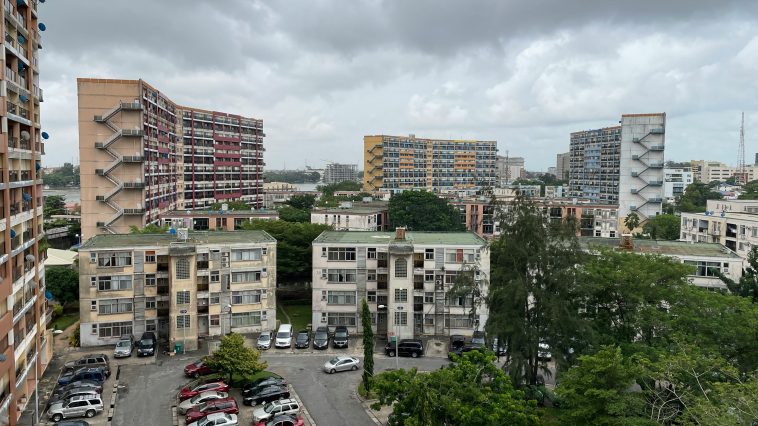This year, Kano has joined the ranks of the top 1,000 startup cities globally for the first time. Known as the commercial capital of northern Nigeria, the city has witnessed a surge in startup activities over the past four years. This growth can be attributed to the success of pioneering tech entrepreneurs and a vibrant tech community.
In 2016, a group of four young individuals collaborated to establish one of the first tech incubation hubs in Kano. Their initial goal was to participate in the tech revolution sweeping the country, unaware that this effort would lay the foundation for the state’s tech ecosystem. In eight years, this hub, known as Startup Kano, has grown to become one of the largest in the northern region. It has served as the gateway into tech for over 50,000 youth in Kano and has assisted early-stage entrepreneurs in raising over $1 million for their tech-enabled businesses.
A tech ecosystem in Kano is markedly different from those in other parts of the country, such as Lagos or Enugu. While the growth in these areas may have served as inspiration, it didn’t make the development process in Kano any easier.
Aisha Tofa, co-founder of Startup Kano, explained that in the beginning, they had no blueprint to follow as the environments were vastly different. There was a complete lack of tech awareness in Kano communities, and despite the city’s deep-rooted entrepreneurial spirit, the idea of investing in technology rather than traditional brick-and-mortar businesses was still largely seen as absurd.
“People only understood technology in terms of using social media platforms like Facebook,” she said. “Anything beyond that, and they didn’t trust it.”
A tech ecosystem in Kano differs significantly from those in other regions of the country, such as Lagos or Enugu. Although the growth in other regions may have inspired Kano, it didn’t simplify the process of building one.
Aisha Tofa, co-founder of Startup Kano, explained that there was no existing model for them initially due to the vastly different environments. In Kano, there was almost no awareness of technology. Despite a strong entrepreneurial culture, the idea of investing in technology instead of traditional brick-and-mortar businesses was largely unaccepted.
“People only understood technology in terms of using social media platforms like Facebook,” Tofa said. “Anything beyond that was met with distrust.”
Years of intense tech advocacy were required to garner interest from young people and, eventually, investors. Today, Kano is recognized as one of the top six tech ecosystems in the country, boasting the highest number of startups in northern Nigeria.
Tofa attributes the recent surge in tech entrepreneurship in Kano to observing the potential of technology among their northern counterparts.
Initially, people didn’t even attempt to launch their startups. They simply believed their ventures wouldn’t secure enough funding or traction solely because they were from the north and not Lagos,” she explained. “However, when they observed other northern founders who worked hard and were rewarded for their efforts, they were inspired to take action.”
In 2022, a mobility startup founded by Kano-born Khalil Halilu won $8,000 in the mobility and smart city category during a GITEX Pitch competition. That same year, another northern startup, Sudo Africa, raised $3.37 million in pre-seed funding. Between 2021 and 2024, the number of tech startups in Kano surged from five to about sixty.
Funding has always been seen as the main hurdle to growth in the Nigerian tech space, particularly in emerging ecosystems like Kano. In 2023, it was reported that only about 6% of tech founders from the entire northern region had access to venture capital funding.
Tofa holds a differing view. She believes that for an ecosystem like Kano, there are still foundational challenges that need to be addressed, such as education, mentorship, and creating the right market.
“There’s a huge gap between the training and the impact we see in the ecosystem at the moment. Many of us are still using templates from other places to train Kano youth, and it’s not the right fit,” she said. “Funding is important, but we should also focus on the things we do before reaching the point where we need funding.”
According to another co-founder of Startup Kano, who preferred to remain anonymous, Kano is different, and the ecosystem must adapt to the city’s cultural context to be successful.
“When we pitch tech startups as something entirely separate from the regular businesses they’re used to, it becomes even more difficult to work with,” he said. “Startups are basically businesses, which is what we know here in Kano and how we ought to operate.”
The co-founder, who now bootstraps his own tech-enabled business, shared that funding isn’t as important to him now as finding the market for his product.
“Before thinking about raising money from investors, I’m already thinking about how to sell and make my profits directly from my customers, which is exactly how my own father did business,” he said.
Kano has undergone significant changes in recent years, marked by a rise in the number of startups, incubation hubs, willing investors, and increased interest in the city.
“Although building remains challenging, it is certainly not as difficult as it was four years ago, thanks to the availability of more resources now,” an anonymous co-founder commented. “Global organizations, the government, and private individuals have recognized the potential in Kano and are eager to contribute.”
Ahmed Idris, founder of Enovate Labs, a non-profit organization dedicated to fostering innovation, cautioned that the excitement within the ecosystem should not be mistaken for a major transformation, as there is still much to be done.
“The ecosystem is still relatively small, similar to how it was years ago, but we have witnessed some remarkable instances of people and startups achieving great things,” he stated in an interview with TechCabal.
 We just launched our WhatsApp channel. Want to get the latest news from the Tech in Africa?
We just launched our WhatsApp channel. Want to get the latest news from the Tech in Africa?



